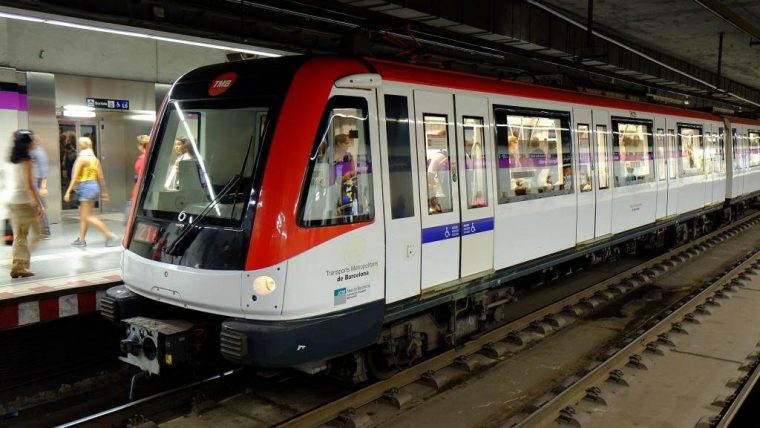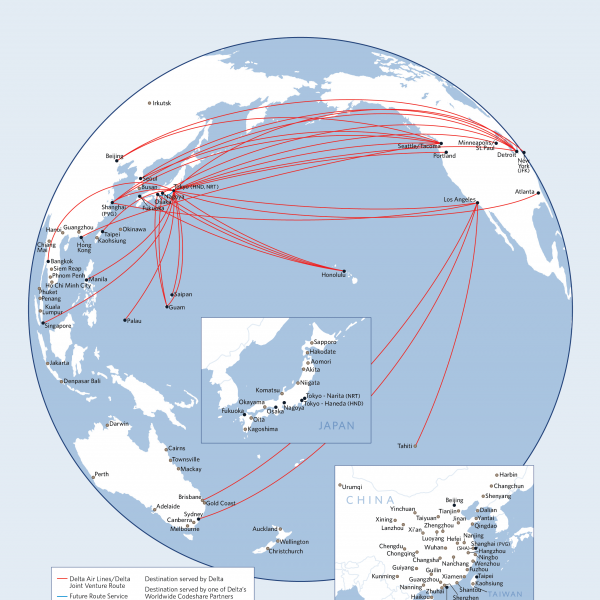
A contract worth over €260 million in Spain
7 October 2019 – Alstom has signed a contract with Barcelona Metro operator TMB (Transports Metropolitans de Barcelona) to supply 42 Metropolis trains to replace those currently running on lines 1 and 3 of the network. The contract[1], valued at over €260 million, includes the design, manufacturing and commissioning of the trains. The five-car trains will be manufactured in Alstom’s Barcelona site and delivered to TMB within two and a half years.
“Alstom is honoured by this sign of confidence from TMB. The expertise and innovation capabilities of our teams are fully mobilised to support the plan to modernise Barcelona Metro for the benefit of passengers. Carrying over 400 million passengers per year, the Barcelona network is one of the most efficient and modern in Europe. With our trains, we aim to help TMB in the development of efficient and sustainable mobility that responds to the current and future needs of all passengers,” said Gian Luca Erbacci, Senior Vice President of Alstom in Europe.
“With the withdrawal of the oldest fleet, we accelerate a process of renovation that will increase service reliability, sustainability and passenger comfort in two of our most frequented Metro lines, in a context of maximum demand for the collective transport of Barcelona, upon the entry into force of the low-emission zone. This is the most important rolling stock acquisition in the history of TMB,” said Rosa Alarcón, President of TMB, during the signature of the contract.
According to the specifications, the new Metropolis trains will meet strict sustainability criteria; light structure, low energy consumption, high levels of recoverability and recyclability, technical reliability and ease of maintenance. The trains will also be equipped with remote sensors for optimal maintenance.
Alstom also puts the passenger at the heart of its design process. The trains for Barcelona will be built with the comfort of passengers in mind, offering accessibility, wide doors and spaces to facilitate passenger flow, acoustic comfort, vibration mitigation and passenger information in real time. Both external an internal design features will remain faithful to the TMB brand but will also add new visual elements that reflect the identity of Barcelona, such as graphics on the doors that represent Barcelona’s urban landscape.
The new trains for Barcelona will benefit from the experience and reliability of Alstom’s Metropolis range, currently in circulation on lines 9 and 10 of the Barcelona Metro, incorporating innovative technological solutions and meeting TMB’s requirements in terms of reliability, availability, safety and comfort. Alstom has more than 65 years’ experience in the production of metros, having sold over 17,000 metro cars operating in 55 cities worldwide and carrying 30 million passengers every day.
[1] Booked in Q2 of current fiscal year




